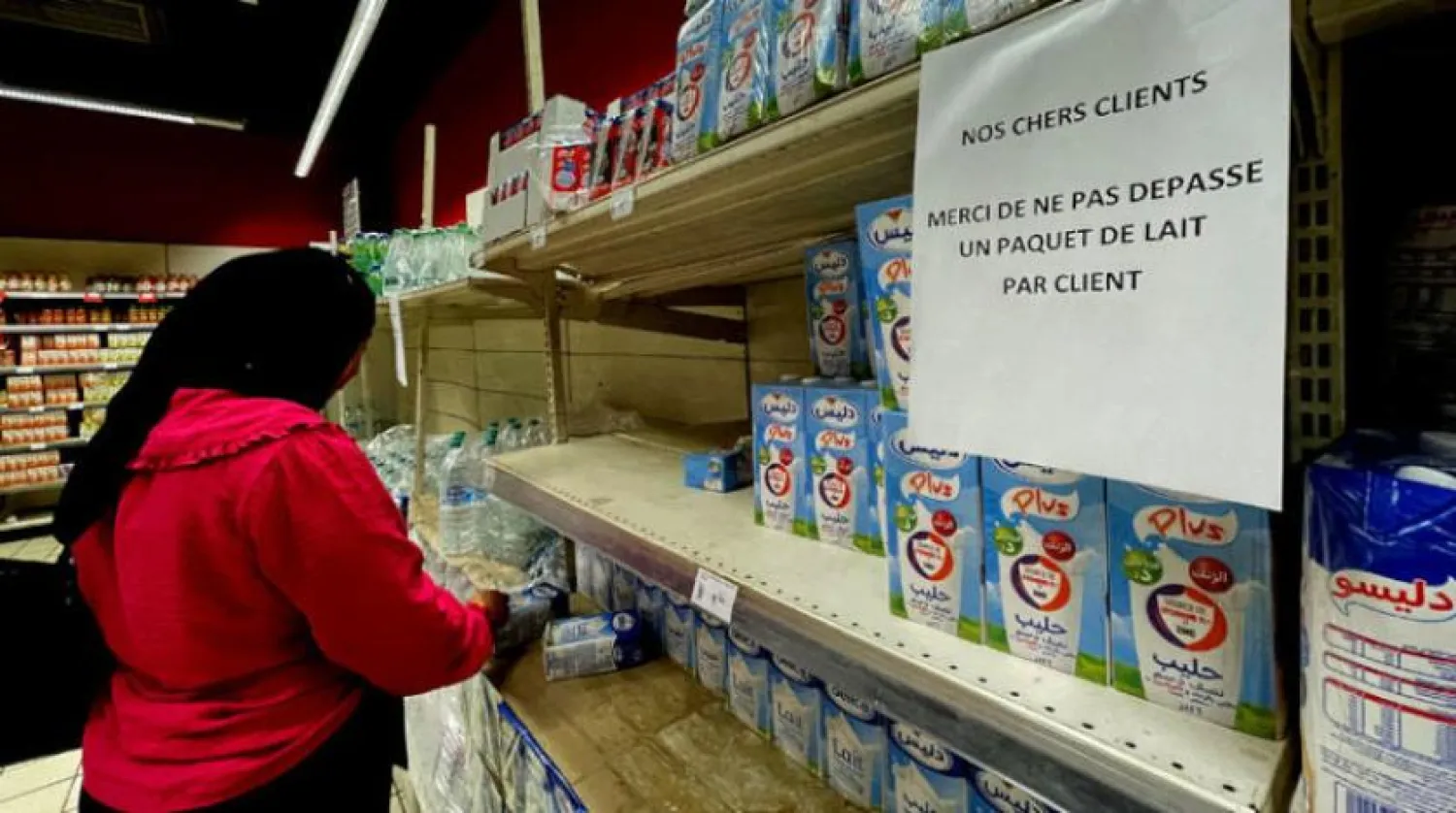Tunisia hopes to reach an agreement with the International Monetary Fund by the end of October, the government's spokesperson said on Friday, after a wage deal agreed with unions was seen as a key step towards getting IMF support.
"The Tunisian negotiating team was in contact yesterday with (the) IMF regarding the last terms of the agreement with the Fund," Nasreddine Nsibi, the government spokesperson, said.
"We seek to reach a deal with the IMF before the end of October, which would make Tunisia able to fulfill all its commitments, including providing food and energy products, paying wages and debt service," he added.
The government and the Tunisian General Labor Union (UGTT) on Thursday signed a deal to boost public sector wages by 5 percent, a step that may ease social tensions.
Fitch Ratings said on Friday that Tunisia’s wage agreement raises the likelihood of an IMF deal.
The IMF and major foreign donors want Tunisia to push ahead with cuts in subsidies and the restructuring of state-owned companies as well as steps to bring the public sector wage bill under control.
The IMF has signaled it will not move forward with a bailout sought by Tunis unless the government brings on board the UGTT, which says it has more than a million members and has previously shut down the economy in strikes.
The Tunisian government and the country's main labor union signed late Thursday a deal on wage increases. The agreement includes a 5-percent annual pay rise for civil servants until 2025.
On the sidelines of the signing, the Secretary General of the UGTT Noureddine Taboubi said that this agreement is the outcome of difficult negotiations.
According to Prime Minister Najla Bouden, the government is cooperating with the social partner to overcome the difficulties facing the country, such as the repercussions of the COVID-19 pandemic and the Russia-Ukraine conflict.
The prime minister added that the agreement is the fruit of the joint course of action between the government and the UGTT, the official Tunis Afrique Presse (TAP) has reported.









